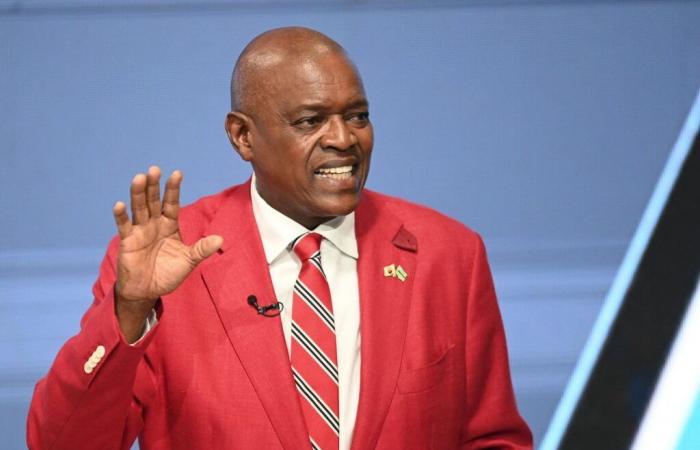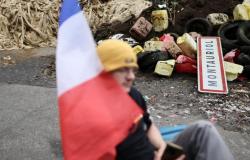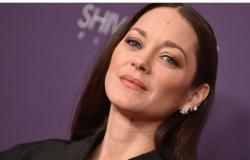The President of Botswana, Mokgweetsi Masisi, announced on Fridayis November that he “would withdraw”following the defeat of his party in the legislative elections according to the first counts. “I would like to congratulate the opposition on its victory and concede the election”declared the outgoing head of state during a press conference.
Results communicated by the various counting offices showed that the three opposition parties had together obtained 31 of the 61 seats in the national Parliament in Wednesday's elections, according to a count carried out by Agence France-Presse (AFP). Under the country's electoral system, the first party to win 31 of the 61 parliamentary seats will be declared the winner and install its candidate as president.
Mr. Masisi, who took office in 2018, assured that he would “start all administrative procedures to facilitate the transition”. “We are perfectly happy to step aside to become a loyal opposition that holds the government to account”said the 63-year-old leader.
The results are expected to be confirmed by the Independent Electoral Commission later today.
The national daily Mmegiindependent, published its front page on Facebook about Duma Boko's victory, writing in particular that the BDP is facing defeat “overwhelming” in legislative and local elections.
The left-wing opposition party Umbrella for Democratic Change (UDC), led by human rights lawyer and Harvard graduate Duma Boko, 54, leads with 19 seats, according to information collected by AFP in the counting centers. The Botswana Congress Party (BCP) has seven, and the Botswana Patriotic Front has five.
Incumbent President Mokgweetsi Masisi's Botswana Democratic Party (BDP) has won only one seat so far. The group has been at the head of the country since independence from the United Kingdom in 1966.
More than a million people were registered to vote on Wednesday, out of a population of 2.6 million.
Botswanans “demand change”
“The change is here”declared Duma Boko on Facebook, anticipating the victory of his team after the publication of the first results. The outgoing president's government was accused of corruption, nepotism and mismanagement, while the gap between rich and poor is one of the largest in the world, according to the World Bank.
Follow us on WhatsApp
Stay informed
Receive the essential African news on WhatsApp with the “Monde Afrique” channel
Join
“For far too long we have been operating under a system that has consistently produced the same results, mediocre at best.”Mr. Boko said in an interview with South African channel ENCA in July. The Batswana “demand change” et “yearn for something refreshing and different”he added.
The BDP's popularity has declined over the decades, first falling below 50% in the 2014 elections, when Ian Khama, son of Botswana's first president, Sir Seretse Khama, was in power. But the party still expected to remain in place, Mokgweetsi Masisi having declared on polling day that “victory was” certain.
Country's dependence on diamonds
One of the main concerns of voters was rising unemployment (27%), especially among young people, and the erosion of diamond sales, Botswana's main source of income, in competition with synthetic ones. Botswana – whose growth is at half mast – is the second largest producer in the world, behind Russia.
According to observers, the new government will have to strive to reduce the country's dependence on diamonds. “The first priority of the next government or president would be to stabilize the economy and establish a degree of strategic certainty in the mining sector”said independent political commentator Olopeng Rabasimane.
“The second priority must be job creation, especially for young people,” and the third, “to diversify the economy so that it no longer depends on diamonds”he continued.
Read also | In Botswana, diamonds will not last forever
Read later






